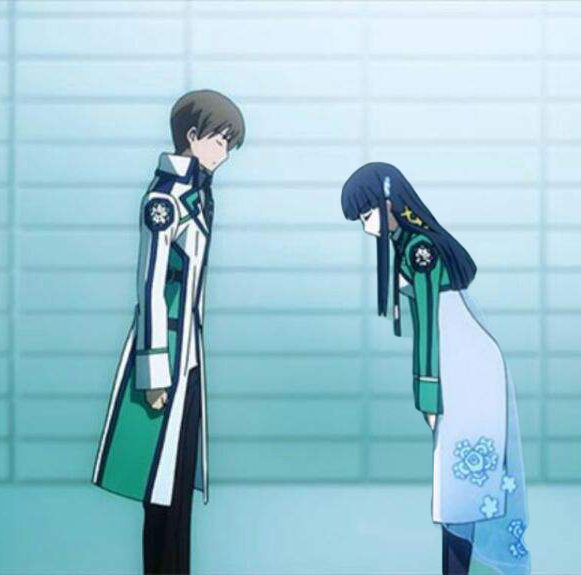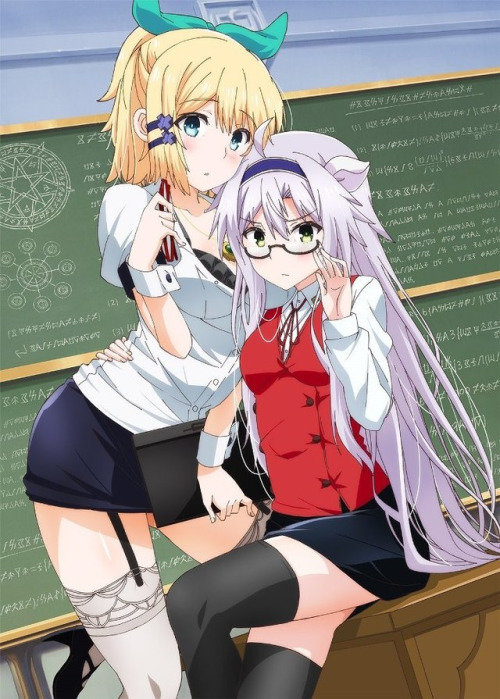Big changes are in store for Japan’s schools: the end of yutori kyoiku, translatable as “easy-does-it education,” when Japan’s Ministry of Education tried to reduce the amount of stress students were subjected to by lowering academic goals and ending the half day of school kids had to attend on Saturday. (Yes, poor Japanese kids had to go to school six days a week.) It turns out that reducing the number of hours of instruction has a negative impact on academic performance, though, and Japan is now behind nearly all other Asian nations in math and science scores, which has policy-makers rather freaked out and wanting to try to reverse the trend. Japan can make quick changes to it’s national curriculum due to it’s tradition of top-down administration which allows a plan to be carried out on a national level as directed by Tokyo (for better or worse). This system is quite different from the U.S., where each state is a soverign entity and school districts have more power to decide things. The problem for us is that this revised education plan takes effect in 2012, the year after both my kids are out of the Japanese school system, so they’ll miss out on any benefit there may have been from it. It doesn’t matter though: virtually all parents who are concerned about their children’s education make supplemental plans, whether it’s juku (an evening school that helps kids study or prepare for entrance exams), a focused study program like the Kumon system (which they have all over the world now), or an in-home tutor to help students keep up with their studies. Note that while I know nothing of Kumon, I can say that it has a great reputation in Japan, and some of the kids in my son’s class are incredibly smart due to being “Kumon kids.” So if you are interested in bringing some Japanese education ideas to your kids, I recommend you check into it.
When Girls Steal Girls from Boys (Yuri Anime)
I continue to work through the new anime series Japan has prepared for us this season. One show I've had...















